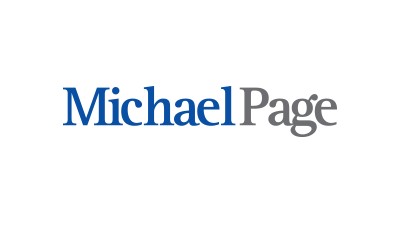The Growing Diversity Of The Construction Industry

The iconic image of men on a steel beam eating lunch no longer represents the construction industry. Once a near-homogeneous work environment, construction has seen an increase in diversity across ethnicity, race and gender.
By the end of 2020, more than 50% of businesses entering the construction industry will be minority- or female-owned, according to Associated Builders and Contractors.
Millennials have driven this trend as they enter the workforce. Just 56% of millennials identify as white, compared to 72% of their baby boomer predecessors. As older generations retire, the incoming group of young professionals brings a fresh mixture of experiences and approaches to problem-solving.
Diversity across all industries has become a part of fostering a welcoming environment and helping to build well-rounded, successful teams. For many companies looking to draw in young talent, a diversity program can provide a competitive edge in the recruitment process.
Companies that have recognized and adapted to demographic shifts in the workforce have seen the most success with recruiting diverse hires. Hiring a millennial in the human resources department, for instance, can help management teams mold their leadership approach and business practices to changing workplace needs.
An HR manager coming from a diverse cohort of people will be more likely to hire people with a mix of different experiences.
A growing number of construction organizations have also developed initiatives to help businesses develop better hiring practices. The Associated General Contractors of America, which represents more than 26,000 firms, created its Diversity and Inclusion Council for members to network and exchange ideas.
Regional groups have taken a more direct approach. The Construction Employees Association of Cleveland uses its Diverse Worker Program to connect CEA contractors with diverse candidates.

Global recruiting firm PageGroup, known for its specialist professional recruiter brand, Michael Page, developed Women at Page, an award-winning diversity initiative.
Women at Page saw a notable decrease in turnover rates and an increase in the numbers of female employees holding management positions. Female staff with children also received mentoring and organizational support for working hours outside of the traditional 9-to-5.
The success of the program led to OpenPage in 2014, which spanned five more diversity, inclusion and equality characteristics: age, disability, sexual orientation, families and careers, and race.
A significant contributing factor to Women at Page and OnePage’s success was the implementation of a global mentoring program. The construction industry can benefit from similar programs. Equal access to construction education remains one of the hardest obstacles businesses and their prospective hires need to overcome. Apprenticeship programs for women and minorities in the trades have emerged to help bridge the knowledge gap.
Apprenticeships can offer free education and pay, salary increases every six months, health insurance, an annuity and a pension. The University of Massachusetts aims to set aside 6.9% of job hours for women on construction projects at its campuses in Amherst, Lowell and Boston.
Outreach to female workers also promotes racial diversity on job sites. UMass Building Authority Executive Director Patricia Filippone told Bisnow that early outreach from the university's diversity program is 90% from women of color.
Teaching children and students about the positives of a career in construction also promotes diversity. High school career fairs can introduce minority groups to careers in the trades. The CEA launched a collaborative effort with Hard Hatted Women and the Contractors Assistance Association to provide Cleveland Metropolitan School District middle school students with insights into the wide range of careers in construction.
According to the Bureau of Labor Statistics, the construction workforce in 2016 was 28.5% Hispanic, 9.3% female, 6% African-American and 1.8% Asian. While the industry has taken major strides to become more accessible to minorities, there is more work to be done. Partnering with a recruitment firm like Michael Page that has experience with inclusive hiring practices can help companies build stronger, diverse teams.
To learn more about this Bisnow content partner, click here.

